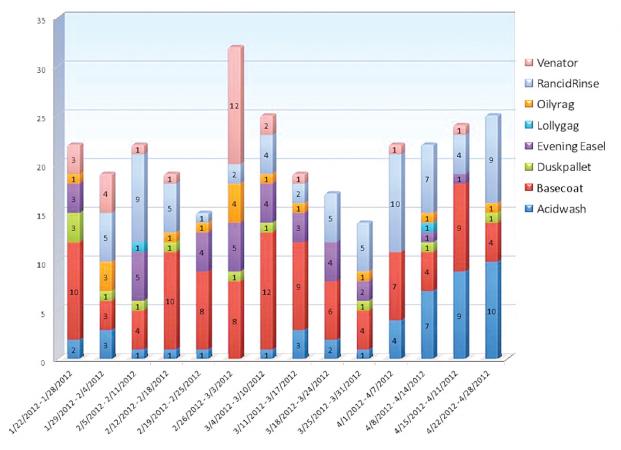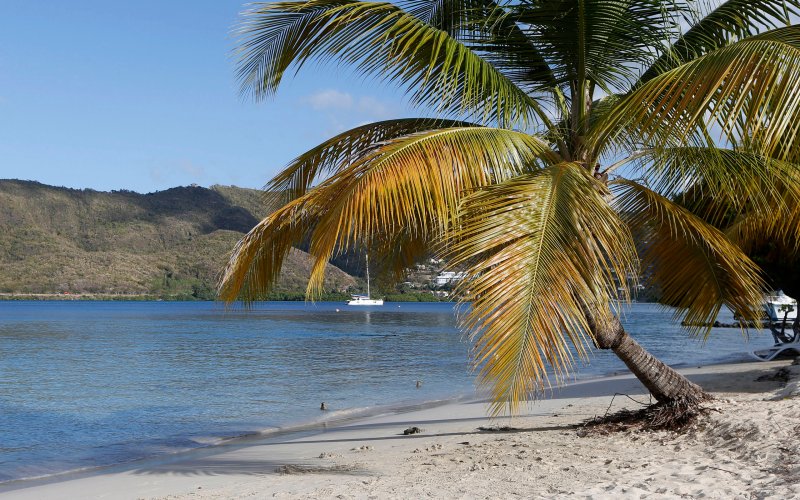The board of the Broadcasting Corporation of the Bahamas (BCB) is proposing that the more than 70,000 cable television subscribers in The Bahamas be charged an additional $6 per month to help fund the cash strapped state-owned ZNS Bahamas entity, when it transitions into a public broadcast service in the coming months.
If the proposed measure is approved, it will generate at least $4.2 million for the BCB on an annual basis, according to a copy of the proposal exclusively obtained by The Nassau Guardian.
It is understood that the proposal was presented yesterday to Cabinet by BCB executive chairman Michael Moss.
“Creating a new funding system tied to specific legislated sources of revenue will reinforce ZNS’ autonomy as a public service broadcaster and underpin its new corporate culture,” said the proposal. “In the (United Kingdom), for example, the BBC (British Broadcasting Corporation) is funded mostly by a household tax (currently £140 a year) on receiving sets. Private broadcasters pay seven percent of their qualifying revenue to operate.”
The government has subsidized ZNS for amounts ranging from $8 million to $11 million over the past several years, something it is no longer prepared to do.
ZNS executives have said it actually costs about $15 million per year to run the corporation.
In this current budget, the government slashed ZNS’ budget in half and allocated $4.25 million for the corporation.
Cable customers are not the only people who will have to help foot the bill for ZNS if its board gets its way.
The proposal calls for an additional fee of $50 on all satellite dishes imported into the country.
In addition to that, satellite TV subscribers would be asked to pay $20 per year to fund ZNS, a move which if approved, the board believes will generate $500,000 per year.
The nation’s private broadcasters will also be asked to help pay for ZNS.
The proposal calls for a percentage of the license fees that private broadcasters pay to the Utilities Regulation and Competition Authority (URCA) on an annual basis to be diverted to ZNS’ budget.
If approved, the proposal predicts that the measure will generate at least $2 million per year for ZNS.


